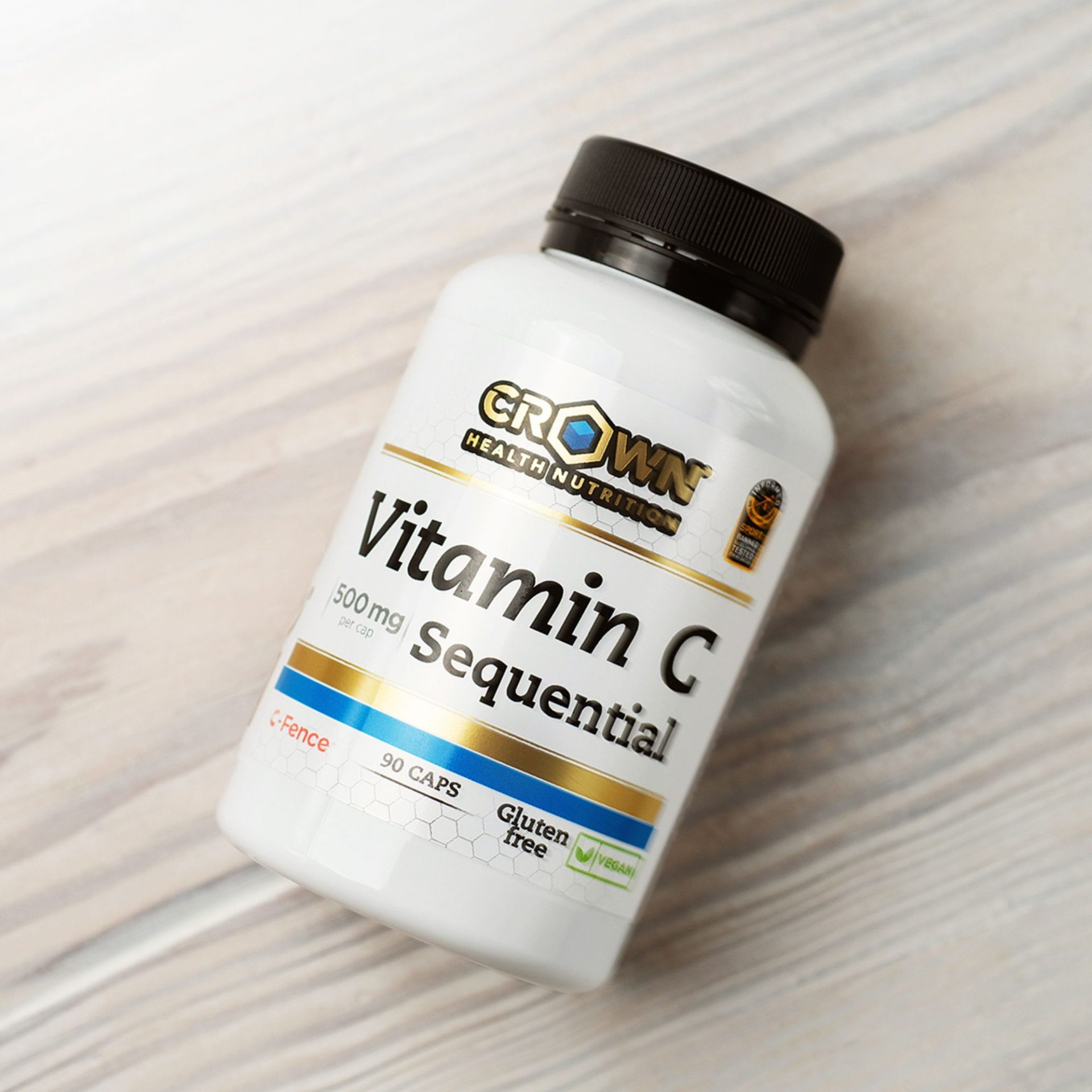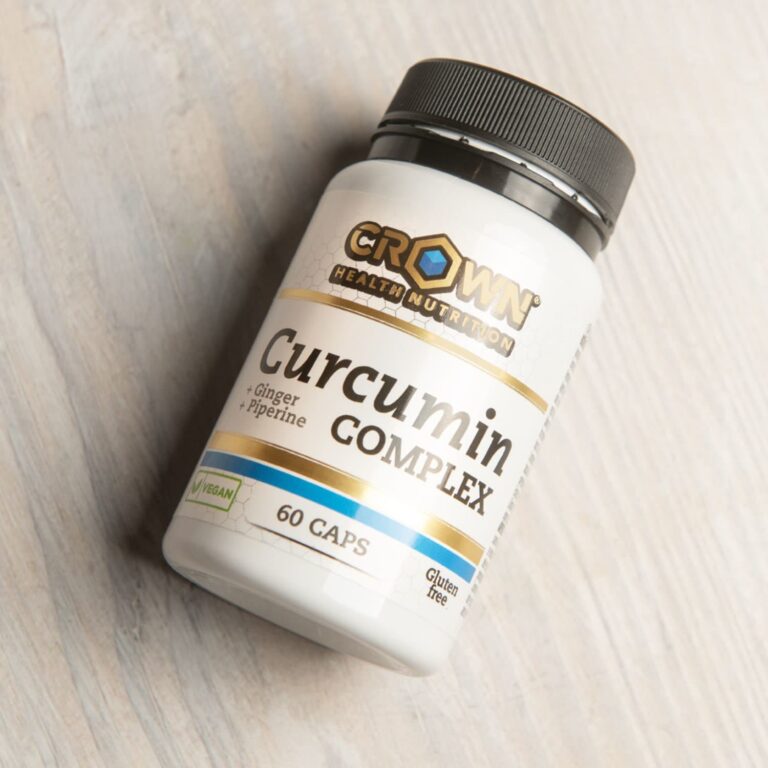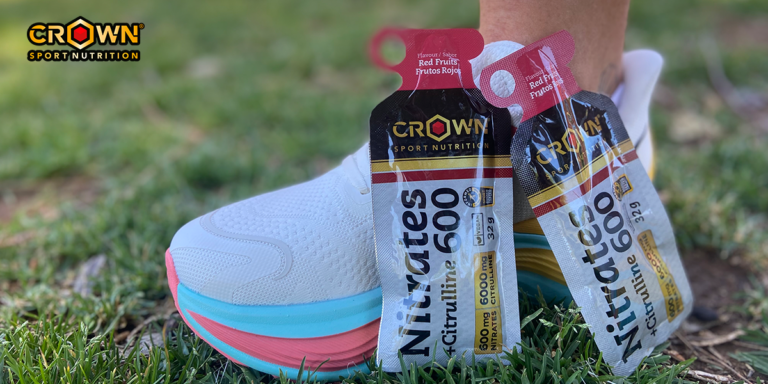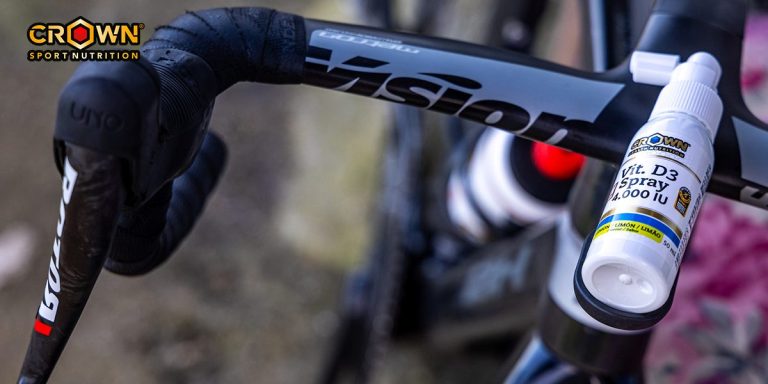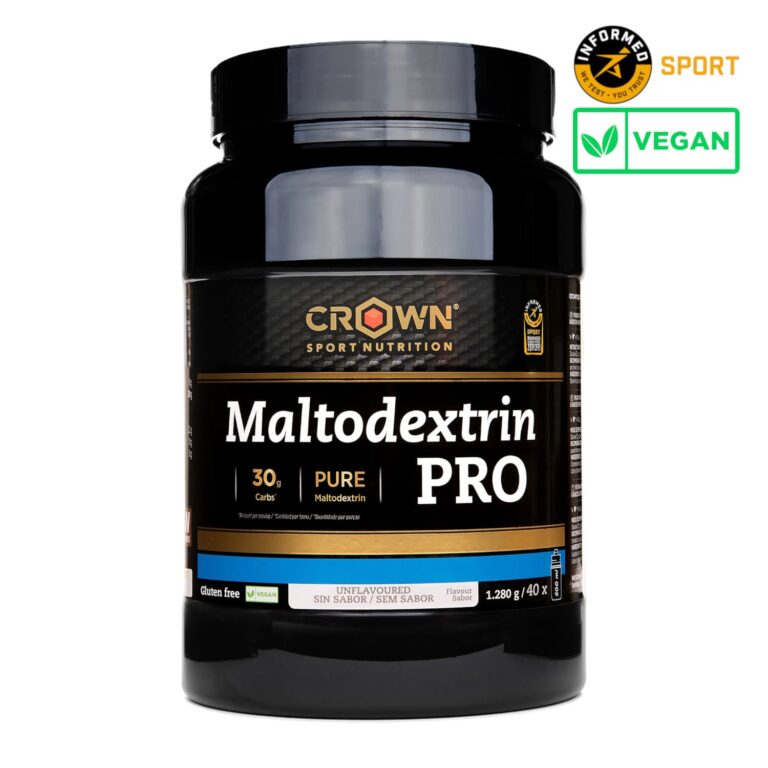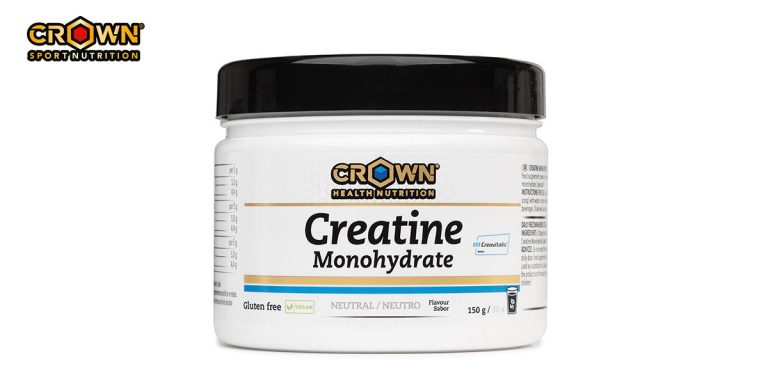Vitamin C is a water-soluble vitamin found in plant-based sources such as citrus fruits, peppers, parsley, strawberries, kiwi, and other fruits and vegetables. Its main function in the body is to act as an antioxidant, neutralizing oxidative stress caused by various factors. Additionally, it helps regulate immune function, supporting the body’s defenses.
What Are the Benefits for Athletes?
Athletes often focus primarily on energy and macronutrient intake, overlooking the importance of micronutrients. However, certain micronutrients play a crucial role in overall health and athletic performance.
High-intensity exercise generates an inflammatory and oxidative stress response in the body. Research has shown that vitamin C supplementation can help reduce pro-inflammatory markers (e.g., interleukin-6) and stress hormones (e.g., cortisol) after intense exercise [1].
Following high-intensity training sessions, athletes may experience a temporary suppression of the immune system, increasing the risk of upper respiratory tract infections. This immunosuppressive effect is a result of the physiological stress placed on the body during intense exercise [1]. Studies suggest that vitamin C supplementation may help prevent these types of infections in athletes [1].
Additionally, using vitamin C during demanding training or competition periods may help delay the onset of symptoms related to weakened immune defenses [1]. It has also been shown to reduce oxidative stress markers, which can damage cells and impair recovery [2].
Beyond its immune and antioxidant functions, vitamin C plays a vital role in collagen synthesis. Collagen is a fundamental protein for skin, hair, and connective tissues, including tendons and ligaments. Combining vitamin C with collagen supplementation may enhance collagen production and slightly reduce joint pain [3].
Finally, vitamin C has essential functions in regulating overall health. Chronic deficiencies can compromise immune health and athletic performance. Additionally, vitamin C plays a role in iron absorption, particularly non-heme iron found in plant-based foods such as lentils. Low iron levels are directly associated with reduced aerobic performance [4]. This makes vitamin C supplementation particularly relevant for athletes experiencing anemia or iron deficiency, especially women, who are at a higher risk due to menstrual blood loss.
When Should Athletes Consider Supplementation?
As previously mentioned, vitamin C can help prevent infections caused by intense exercise. Analyzing whether an athlete has experienced frequent infections in the past can be useful in determining the need for supplementation.
There are specific situations where vitamin C supplementation may be beneficial:
- Increased training load: More training hours, higher intensity, or increased session frequency.
- Periods of high stress: Psychological stress from work or personal life can weaken the immune system.
- Frequent competitions: A high number of events, such as multiple races or tournaments in a short period.
- Insufficient recovery: Limited rest time between workouts or competitions.
- Highly demanding events: Intense competitions, such as championships, requiring maximum physical and mental effort.
Additionally, supplementation may be recommended in the following cases:
- Anemia or iron deficiency: To improve iron absorption and reduce fatigue.
- Restrictive diets: Low-calorie diets or meal plans lacking sufficient fruits and vegetables, which may lead to micronutrient deficiencies.
Conclusion
In conclusion, vitamin C is an essential micronutrient for athletes’ health and performance. Avoiding deficiency is crucial, as its supplementation can be particularly beneficial in certain situations, such as preventing infections, reducing oxidative stress, and supporting overall recovery.
Lucas Jurado Fasoli – PhD in Biomedicine (UGR). Dietitian-Nutritionist. Researcher at the Mixed University Institute of Sport and Health and Assistant Professor at the Department of Physiology, University of Granada.
References
[1] Maughan RJ, Burke LM, Dvorak J, Larson-Meyer DE, Peeling P, Phillips SM, et al. IOC consensus statement: Dietary supplements and the high-performance athlete. Br J Sports Med 2018;52:439–55. DOI.
[2] Beck KL, von Hurst PR, O’Brien WJ, Badenhorst CE. Micronutrients and athletic performance: A review. Food and Chemical Toxicology 2021;158. DOI.
[3] Shaw G, Lee-Barthel A, Ross MLR, Wang B, Baar K. Vitamin C-enriched gelatin supplementation before intermittent activity augments collagen synthesis. Am J Clin Nutr 2017;105:136–43. DOI.
[4] Lee EC, Fragala MS, Kavouras SA, Queen RM, Pryor JL, Casa DJ. Biomarkers in sports and exercise: tracking health, performance, and recovery in athletes. J Strength Cond Res 2017;31:2920–37.

